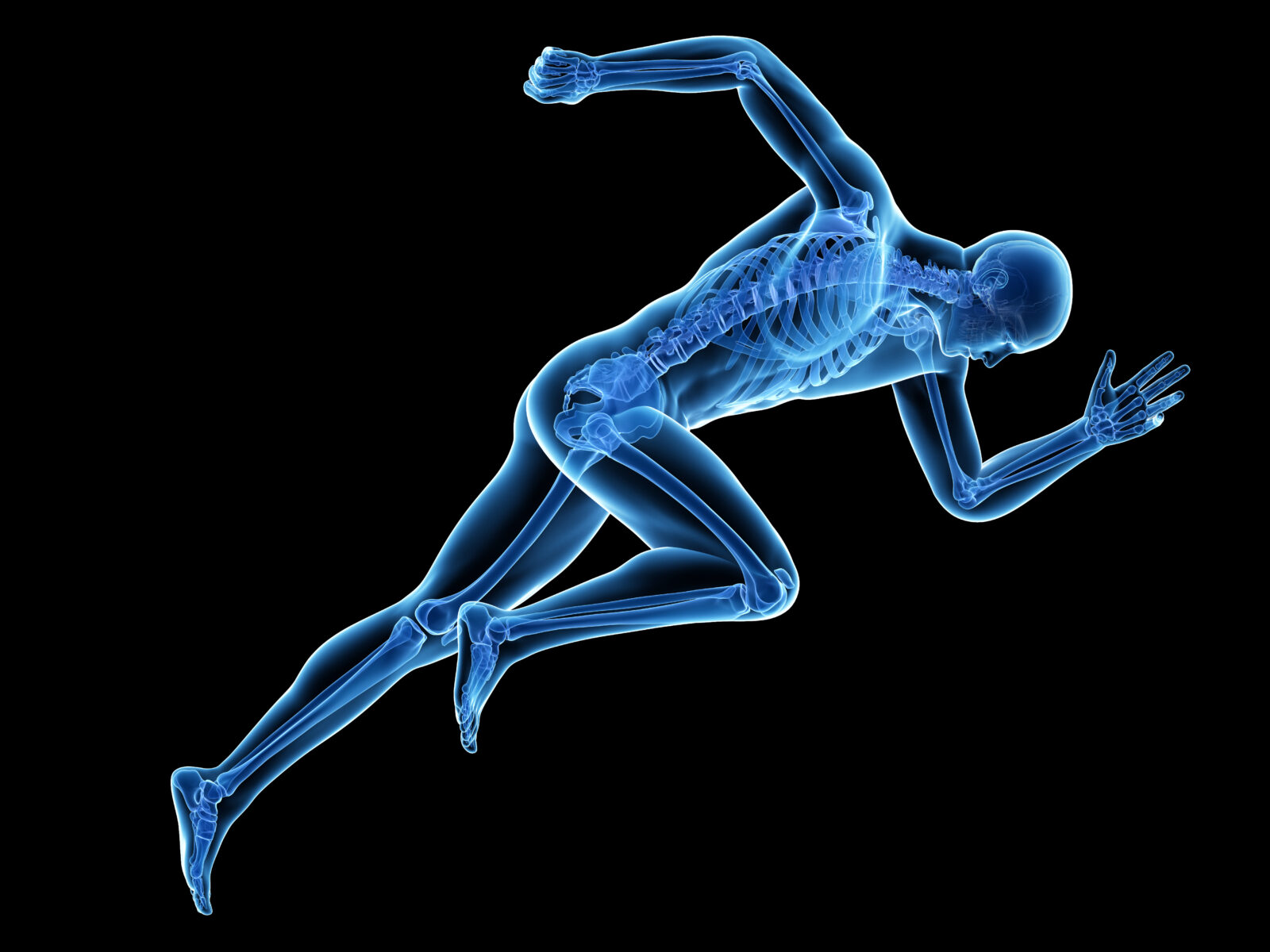


David Berlinski on Nazism, Darwinism, Emotivism, and Nature Rights
On today’s ID the Future, Human Nature author David Berlinski continues his conversation with host Wesley J. Smith. Here Berlinski reflects on the Jewish Holocaust, the destructive nihilism of the Nazis and the SS, and the shortcomings of Neo-Darwinism as an explanation for the diversity of life. Berlinski and Smith also discuss the increasingly widespread attacks on human exceptionalism, the growth of emotivism and why it’s a problem, and the bizarre nature rights movement. This is the second and concluding part of a conversation borrowed, with permission, from Wesley J. Smith’s Humanize podcast.